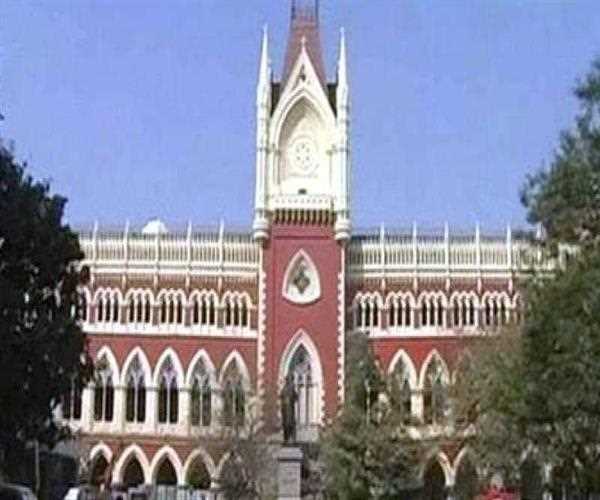By Indian High Courts Act 1861, the Supreme and Sadar Diwani Adalat were amalgamated. The 'Indian High Court Act' of 1861, vested in Queen of England to issue letters patent to erect and set up High Courts of Calcutta, Madras, and Bombay.
The High Courts of Calcutta, Madras, and Bombay were set up by Indian High Courts Act 1861. Indian High Courts Act, 1861 did not independent from anyone else make and build up the High Courts in India. The goal of this demonstration was to impart a combination of the Supreme Courts and the Sadar Adalats in the three Presidencies and this was to be fulfilled by issuing Letter Patent.

The ward and powers practiced by these courts were to be expected by the High Courts.
A piece of the High Court's:
The Indian High Courts Act 1861 had likewise spelled the piece of the High Court.
Every High Court was to comprise of a Chief Justice and NOT in excess of 15 general judges.
The central Justice and least of 33% normal judges must be advocates and least 33% customary judges were to be from the "covenanted Civil Service".
All Judges were the be in the workplace on the joy of the Crown.
The Charter of High Court of Calcutta was issued on fourteenth May 1862 and Madras and Bombay was issued on June 26, 1862.
In this way, the Calcutta High Court has the refinement of being the principal High Court and one of the three Chartered High Courts to be set up in India, alongside the High Courts of Bombay, Madras.
High Court at Calcutta which was some time ago known as High Court of Judicature at Fort William was built up on July 1, 1862. Sir Barnes Peacock was its first Chief Justice.
On second February 1863, Justice Sumboo Nath Pandit was the principal Indian to accept office as a Judge of the Calcutta High Court.
The Bombay High Court was introduced on fourteenth August 1862.
Indian High Court Act 1861 additionally offered capacity to set up other High Courts like the High Courts of the Presidency Towns with comparative forces.
Under this power, a High Court was set up in 1866 at High Court of Judicature for the North-Western Provinces at Agra on 17 March 1866 by the Indian High Courts Act of 1861 supplanting the Sadr Diwani Adalat. Sir Walter Morgan, Barrister-at-Law has delegated the primary Chief Justice of the High Court of North-Western Provinces.